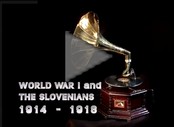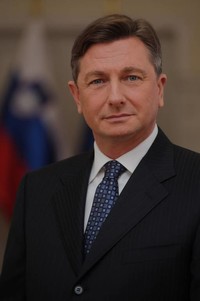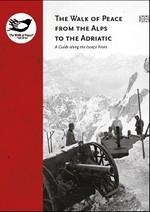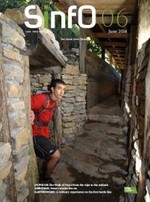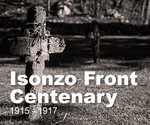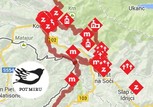Address by the President of the Republic of Slovenia Borut Pahor
We have entered the spring of 2014 uncomfortable and ill-at-ease, just at the time when we were hoping to respectfully commemorate the 100th anniversary of the outbreak of World War I conscious of the all-embracing significance of past events. And in this regard, recurring questions are raised dating back to 1914. Questions to which the people of the time did not find a convincing answer even in 1918. What happened to the oath of brothers-in-arms in World War I, who declared war on war… who fought the war to end all wars… who were looking for meaning among the absurdity… who blindly trusted the patriotic calls of their leaders, as the weapons of diplomacy suddenly quietened to be overridden by military, political and economic interests?
Reflection on the war is reflection about relations and human ties at a number of levels. When the balance of relations is thrown askew, new, unexpected and even unpredictable attempts at changing the world are sometimes the result, very often materialising as war, violence, lawless conduct, inconsolable mourning on all the fronts that war creates, and also in combativeness, numb indifference and unselfish sacrifice.
The memory of WWI in Slovenia has stayed with us for many years in the form of intimate, personal remembrance, and has been kept alive mainly in the Primorska region through commemoration of the Isonzo Front, through memories of burning villages and burnt forests, of Karst rocks splashed with bitter human blood, of pools of blood in the hills along the opal-green River Soča, of deportees and countless homeless chased from their homeland by a huge, merciless power. Slovenian boys and men started leaving for the war from August 1914, excited, with flowers on their rifles, naively expecting that already that first Christmas they would be back with their families, wreathed in victory and immortal glory. But the war was not in their hands – it was fired up and led by politicians and diplomats, by generals, captains of industry and bankers, all with their own hidden agendas, about which the soldiers fighting in the first, the second and back to the rear lines of battle and thinking of their homes, their homeland, their religion, their emperor had not a clue. The war of great powers was fought by simple soldiers, and by women, children and the elderly too. Some tens of thousands of soldiers did not make it home from the war, almost a hundred thousand Slovenian refugees returned back to their demolished and devastated homes along the Soča, and there is still unexploded ordnance on the former battlefield posing a threat to lives and safety to this day. The region along the River Soča incomprehensibly embraced both unspoilt and breathtaking nature and the merciless reality of war.
The Slovenian collective memory should view World War I as a historic milestone that co-created new living conditions for Slovenians and as an integral part of the stormy Slovenian history of the 20th century. Last but not least, the war put the Slovenian territory on the European map of battlefields, carrying the “glory” of certain places into the world as a reminder of major and unforgettable events.
A bitter memory has remained which, in the face of contemporary developments, has become a loud reminder that, as World War I demonstrated, no war can solve the problems of complex and often deceitful international relations. But commemorating World War I should also remind us again and again of positive values: of comradeship, unconditional loyalty and love, of heroism, of rejoicing in small things like the family letters received by the soldiers fighting in the trenches, of awareness about just how priceless national and international peace really is. For this reason too it is well worth preserving and enhancing the memory of World War I, as it transformed the world order and overturned the realm of values while failing to bring peace to everyday life, the peace for which the soldiers yearned during the long years of war. From many points of view, the war was a milestone in Slovenian history, bringing about new experiences, new insights and memories that have become active builders of the Slovenian and European collective memory of the Great War. Let us respectfully follow the path of this memory, hoping all the while that the future never again puts us to such a test.
